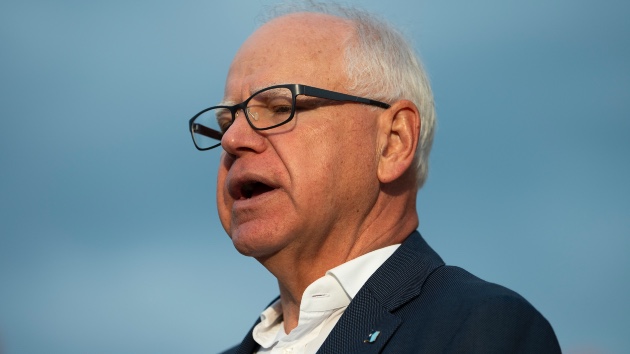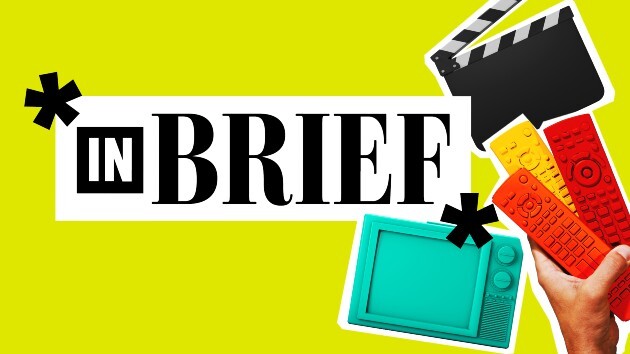Doctors, beauty queen in DC to advocate for CPR training and AEDs in schools
Written by ABC AUDIO on May 23, 2024

(WASHINGTON) — Chloe Burke, a 25-year-old upcoming Miss Texas contestant, will be in Washington D.C. Thursday to lobby for the HEARTS Act and Access to AEDs Act.
Access to AEDs (or Automated External Defibrillators) is a deeply personal issue to Burke, who suffered a cardiac arrest in 2019 at University of Houston while she was cheerleading at a football game. She remembers completing her stunt, and then collapsing on the ground.
“It was the most helpless I’ve ever felt in my entire life,” said Burke. “Your survival is up to the fate of hoping there’s someone around you that knows how to act.”
Burke was fortunate. On-field paramedics performed CPR and used an AED to get Burke’s heart pumping normally again.
However, Burke knows that others are not as lucky. According to the Centers for Disease Control and Prevention, more that 356,000 Americans suffer an out-of-hospital cardiac arrest each year and up to 80% of them die before reaching the hospital.
To improve outcomes for others, Burke is joining the American Heart Association (AHA) and roughly 200 others in an Advocacy Day in D.C. on May 23, 2024. Advocates will meet with lawmakers and staff to discuss the two federal bills that the AHA is supporting.
Rep. Frank Pallone Jr.’s (D-NJ-6) bill, the Cardiomyopathy Health Education, Awareness, Research, and Training in the Schools Act of 2023 or the HEARTS Act (H.R. 6829), encourages research and education around cardiomyopathy. The bill has passed through committee and is awaiting a vote in the House.
Rep. Sheila Cherfilus-McCormick’s (D-FL-20) bill, Access to AEDs Act (H.R. 2370), has 110 cosponsors in the House, and is still in committee. An identical bill has been introduced in the Senate (S. 1024). The bill earmarks $25 million to be distributed through grants to schools to provide CPR training and buy AED equipment.
Bystander CPR and AED use can increase survival rates. Dr. Gordon Tomaselli, a cardiologist and past president of the AHA, said that “CPR is effective, but it needs to be done in a very timely fashion.”
“The clock here is not even in minutes. It’s in seconds,” he said.
However, a national poll of more than 1,000 people conducted by the Ohio State University Wexner Medical Center showed that only 51% of respondents have been trained to perform hands-on CPR in the last two years and feel comfortable administering it.
Burke, the current Ms. Space City said “any amount of time or money or rules or laws is worth teaching people the skills that can save lives.”
She hopes that the HEARTS Act and Access to AEDs Act will ultimately create “a future of people who could save lives at any time in any place because [CPR is] a skill they can take with them.”
Copyright © 2024, ABC Audio. All rights reserved.






